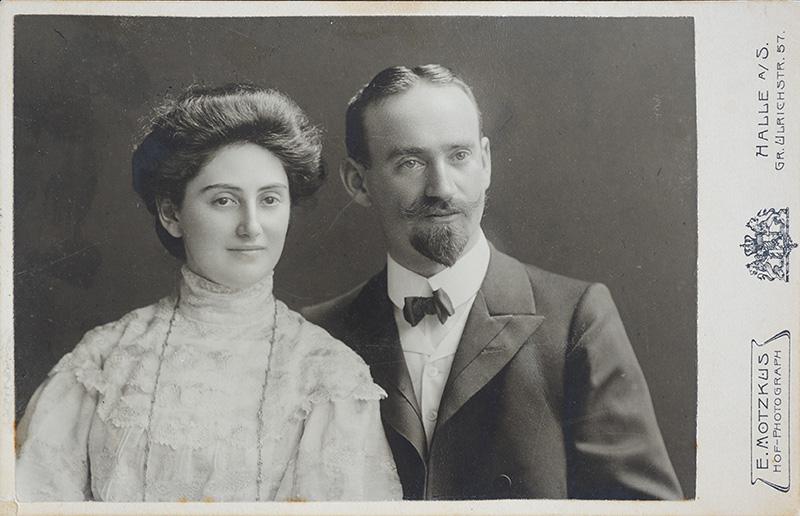

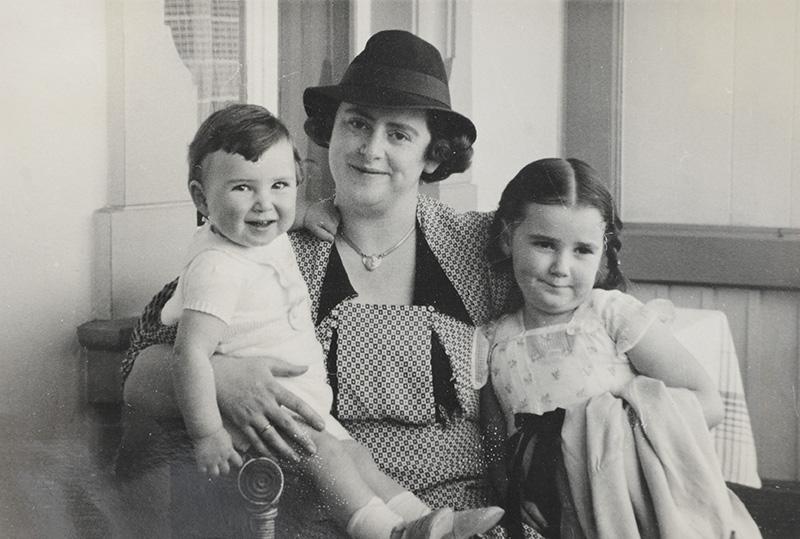

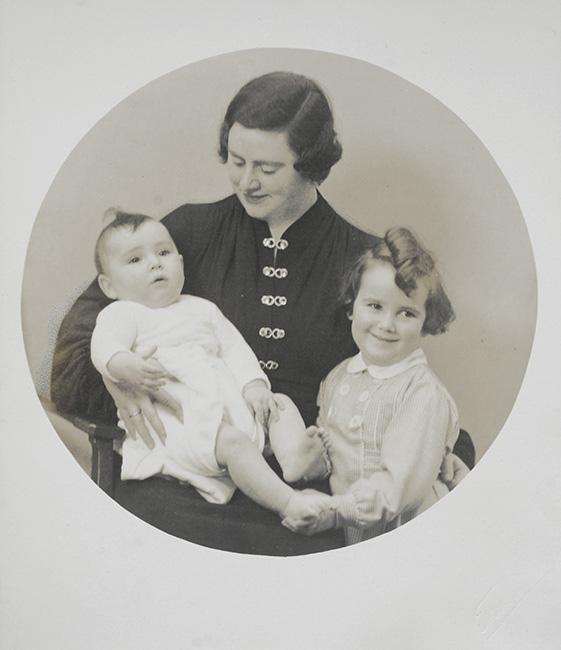

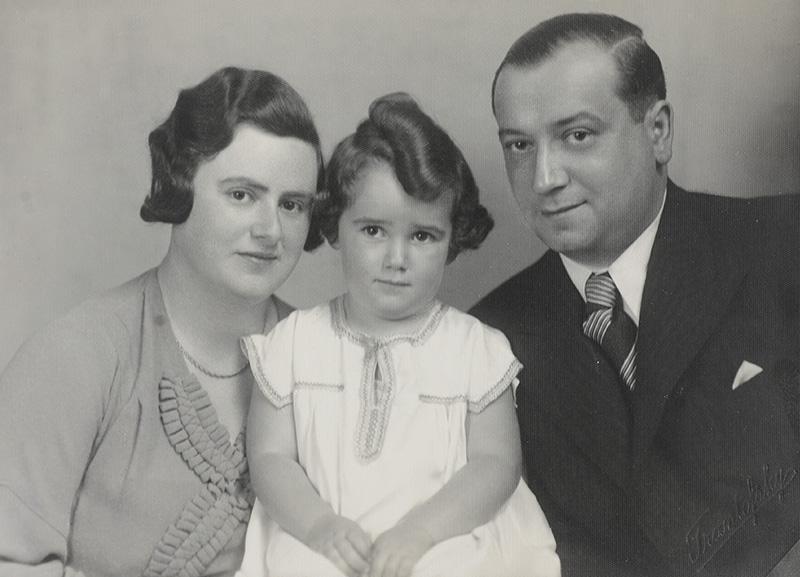

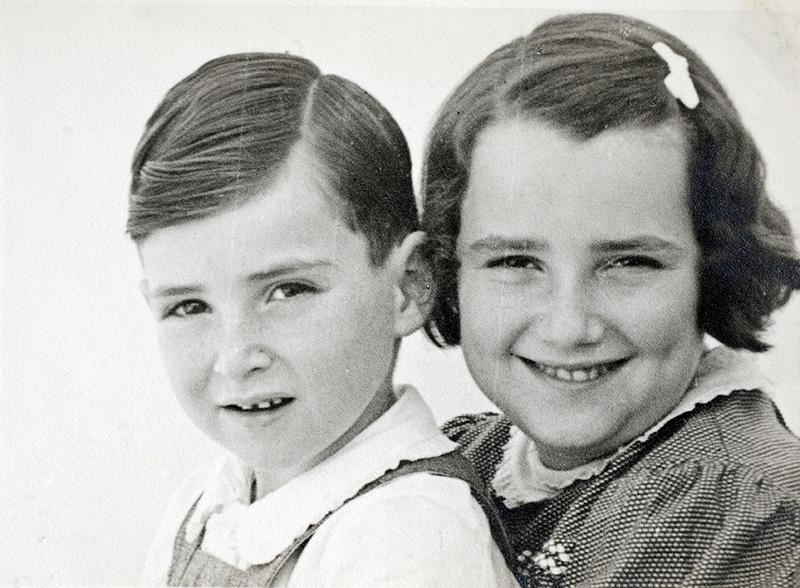

Sunday to Thursday: 09:00-17:00
Fridays and Holiday eves: 09:00-14:00
Yad Vashem is closed on Saturdays and all Jewish Holidays.
Entrance to the Holocaust History Museum is not permitted for children under the age of 10. Babies in strollers or carriers will not be permitted to enter.










Wesermünde (today Bremerhaven), 6 March 1939
My dear children,I am sure that you are already waiting for news from me. A short while before I left for Berlin, I received your lovely letter and yesterday evening I found the words that you sent me on 20 February. Accept my heartfelt thanks… I’m very pleased that you like Seattle so much. Keep well and give my regards to Aunt and Uncle. They always send me nice letters.
I have been to the cemetery in Berlin to visit your father. I found everything in order. The sun was shining just when I was there. How are you getting along with the language? Did you enjoy the day’s holiday dear child? The American food looks much simpler than that here…
They are trying to obtain an entry visa to Eretz Israel for me. I have just one wish, that Edith should recover.
In these loving but concerned lines, Jeanette Schocken tried to keep up with her children Heinz and Hilde, on the new continent to which they had moved a few months earlier, following their hasty departure from Germany. Over the course of three years, from December 1938 to November 1941, Jeanette sent 116 letters to her children in the United States, and to her son-in-law and grandchildren in Eretz Israel. Alongside the yearnings and the desire to be reunited, her effort to remain a support for her dispersed family is apparent in the letters; the looming threat had forced a difficult, disheartening separation upon them.
Jeanette and Julius Schocken and their three children Edith, Heinz and Hilde lived in Bremerhaven, Germany. Julius and his brothers Salman and Simon Schocken were successful tradesmen; The department store Julius established in Bremerhaven became an important cultural and economic center. In 1939, Edith married Dr. Walter Elkeles, who joined the family businesses.
The call for the boycott of Jewish businesses following the Nazi’s rise to power did not bring about a reduction in the number of customers, and business continued to thrive. After Julius died in 1934, Jeanette successfully took over the management of the family businesses.
On 9 November 1938, during Kristallnacht, the Hitler Youth broke into the department store and looted and destroyed all the contents. Miriam (Margot), Edith and Walter’s eldest daughter, still remembers the windows of their house being shattered that night. Walter and Heinz were among the tens of thousands of Jewish men arrested in Germany that night. Following these events, Edith had a nervous breakdown and was hospitalized in the Broleinum sanitorium in Lankwitz near Berlin. Heinz and Hilda left Germany on 26 November 1938 aboard the Portland to Seattle, USA where they were met by their uncle Herman Schocken and his wife Zelma; Margot and Joachim (Edith and Walter’s children) moved in with them. Their grandmother Jeanette and their father Walter went to England in an attempt to secure entry permits to Eretz Israel. In February 1939 the children sailed with their father aboard the Champollion from Holland to Eretz Israel.
Jeanette returned to Germany and remained there with her daughter Edith, hoping that she would soon be released from the hospital so that they would be able to leave together and reunite with the rest of the family. Their hope was in vain. Jeanette’s frantic efforts to leave Germany after Edith was discharged in August 1941 turned out to be futile.
On 13 November 1941 Jeanette wrote to her children:
Our address is due to change on Monday 17 November. We have to go to Bremen and on Tuesday we will set out from there. Our destination appears to be Minsk.
A few days before they were deported, Jeanette and Edith wrote a final short letter to Walter and the children in Eretz Israel. Even then, they continued to express their hope that they would meet again.
Jeanette wrote:
“Our migration has been delayed for now, but God willing, things will be better after the war.”
Edith parted from her husband and children with the following words:
Dear Walter, Miriam and Yosef,
Before I depart on a long journey that regretfully will not bring me closer to you, I wish to send the three of you my very best wishes. With G-d’s help I have not yet abandoned hope of seeing you again. On Monday we are ‘’decamping’. Our main preparations are complete. Our lives are definitely going to change but at least we, mother and I, are together… I send you greetings and lots of kisses, and think of you frequently.
On 17 November 1941, Edith and Jeanette presented themselves at the Bremerhaven-Geestemünde train station, and were taken to Bremen together with 570 of the city’s Jews. They were deported to the Minsk ghetto and were murdered there on 28-29 July 1942.
Edith’s daughter, Miriam Elyashiv, translated her grandmother’s letters. The family donated the letters to Yad Vashem for posterity.

Thank you for registering to receive information from Yad Vashem.
You will receive periodic updates regarding recent events, publications and new initiatives.

"The work of Yad Vashem is critical and necessary to remind the world of the consequences of hate"
Paul Daly
#GivingTuesday
Donate to Educate Against Hate


Worldwide antisemitism is on the rise.
At Yad Vashem, we strive to make the world a better place by combating antisemitism through teacher training, international lectures and workshops and online courses.
We need you to partner with us in this vital mission to #EducateAgainstHate
The good news:
The Yad Vashem website had recently undergone a major upgrade!
The less good news:
The page you are looking for has apparently been moved.
We are therefore redirecting you to what we hope will be a useful landing page.
For any questions/clarifications/problems, please contact: webmaster@yadvashem.org.il
Press the X button to continue



